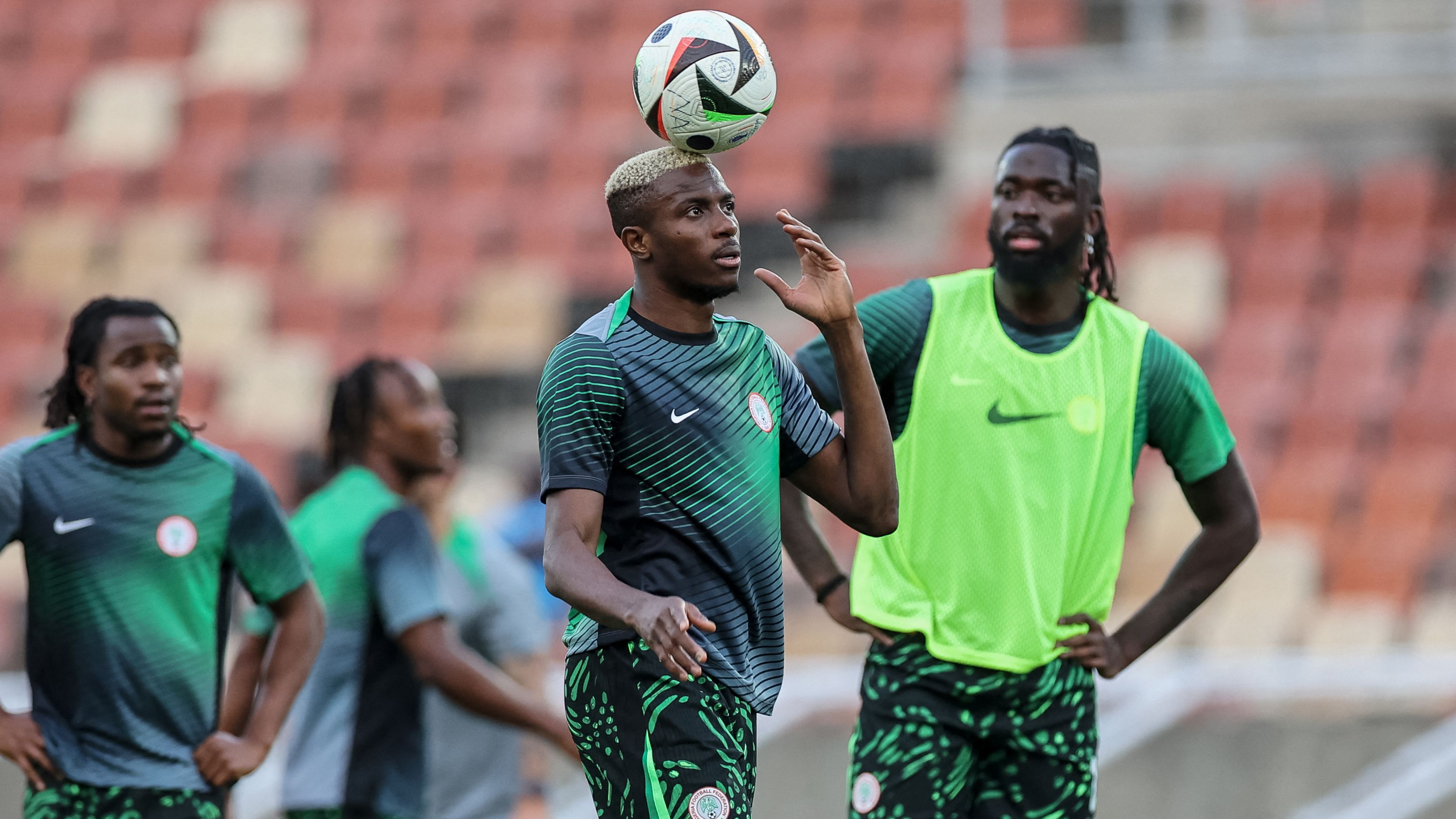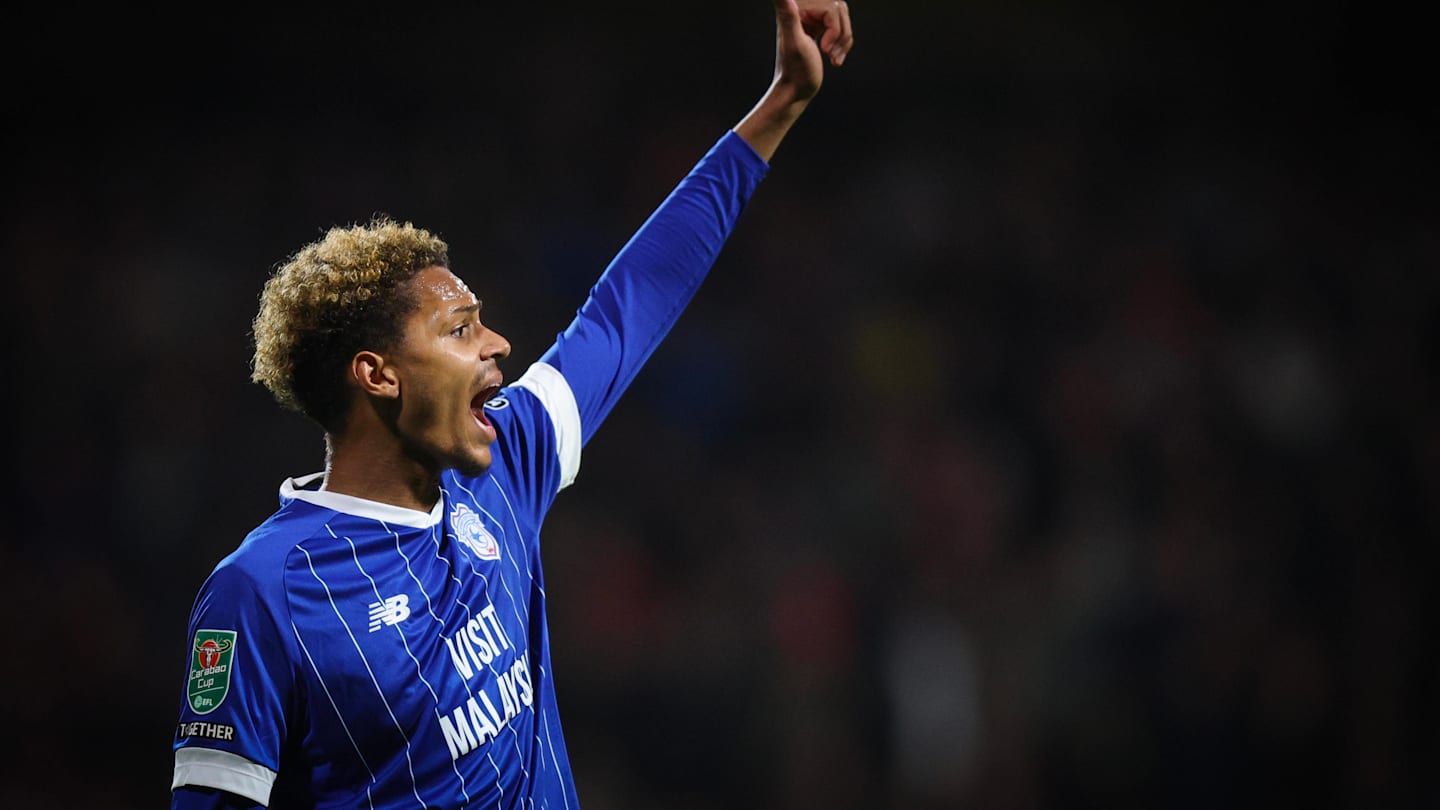What brain scans reveal about soccer fans’ passion and rage

Soccer's worldwide following makes it an ideal model for studying social identity and emotional processing. Fans display a wide range of behaviors, from casual support to intense, deeply personal involvement with their teams. Rivalries, which have long been part of sports history, can evoke fierce loyalty and emotional extremes. Fans often experience joy when their team scores and anger or frustration at losses or poor referee calls. These deep attachments, particularly common in Europe and South America, make soccer fandom a valuable case study for understanding how group identity shapes emotion and behavior.Exploring the Neuroscience of Fanaticism"Soccer fandom provides a high-ecological-validity model of fanaticism with quantifiable life consequences for health and collective behavior," said lead author Francisco Zamorano, biologist, Ph.D. in medical sciences at Clínica Alemana de Santiago and associate professor at Facultad de Ciencias para el Cuidado de la Salud, Universidad San Sebastián, Santiago, Chile. "While social affiliation has been widely studied, the neurobiological mechanisms of social identity in competitive settings are unclear, so we set out to investigate the brain mechanisms associated with emotional responses in soccer fans to their teams' victories and losses."The research team used functional MRI (fMRI) -- a method that measures brain activity by tracking changes in blood flow -- to scan 60 healthy male soccer fans (ages 20-45) who supported two historically rival teams. Participants completed the Football Supporters Fanaticism Scale, a 13-item questionnaire measuring two aspects of fandom: "Inclination to Violence" and "Sense of Belongingness."During the scans, participants watched 63 goal clips featuring their own team, their rival, or a neutral team. The researchers then compared brain responses when a fan's team scored against a rival (a significant victory) with responses when the rival scored against them (a significant defeat). Control conditions were used for goals involving non-rival teams.How the Brain Reacts to Victory and DefeatThe results showed that brain activity shifted dramatically depending on whether the participant's team succeeded or failed."Rivalry rapidly reconfigures the brain's valuation-control balance within seconds," Dr. Zamorano said. "With significant victory, the reward circuitry in the brain is amplified relative to non-rival wins, whereas in significant defeat the dorsal anterior cingulate cortex (dACC) -- which plays an important role in cognitive control -- shows paradoxical suppression of control signals."Paradoxical suppression occurs when an effort to restrain a thought, feeling, or behavior produces the opposite effect, intensifying rather than diminishing it.When Emotion Overpowers ControlThe scans revealed higher activity in the brain's reward regions when a participant's team scored against a rival compared to non-rival matches. This suggests that rivalry strengthens in-group bonds and reinforces social identity. Dr. Zamorano noted that the effect was strongest among the most devoted fans, whose self-regulatory systems temporarily failed when their team identity felt threatened -- explaining why some fans may react impulsively during high-stakes moments."Clinically, the pattern implies a state-dependent vulnerability whereby a brief cooling-off or removal from triggers might permit the dACC/salience control system to recover," he explained. "The same neural signature -- reward up, control down under rivalry -- likely generalizes beyond sport to political and sectarian conflicts."From Sports Passion to Social PolarizationAccording to Dr. Zamorano, understanding these brain mechanisms could inform communication strategies, crowd management, and prevention efforts at emotionally charged events."Studying fanaticism matters because it reveals generalizable neural mechanisms that can scale from stadium passion to polarization, violence and population-level public-health harm," he said. "Most importantly, these very circuits are forged in early life: caregiving quality, stress exposure, and social learning sculpt the valuation-control balance that later makes individuals vulnerable to fanatic appeals. Therefore, protecting childhood is the most powerful prevention strategy. Societies that neglect early development do not avoid fanaticism; they inherit its harms."Beyond the Stadium: Lessons for SocietyThe study's authors emphasize that soccer fandom offers an ethical, controlled way to study these neural processes and test strategies that could apply to broader social issues -- including political division, sectarian conflict, and online tribalism.Dr. Zamorano added that this research carries urgency amid today's global tensions and political polarization. He pointed to the January 6, 2021, U.S. Capitol assault as an example of how intense group identity can override democratic norms when cognitive control breaks down."The participants showed classic signs of compromised cognitive control, exactly what our study found in the reduced dACC activation," he said. "In short, investigating fanaticism is not merely descriptive -- it is developmentally informed prevention that protects public health and strengthens democratic cohesion. When we discuss fanaticism, the facts speak for themselves."















